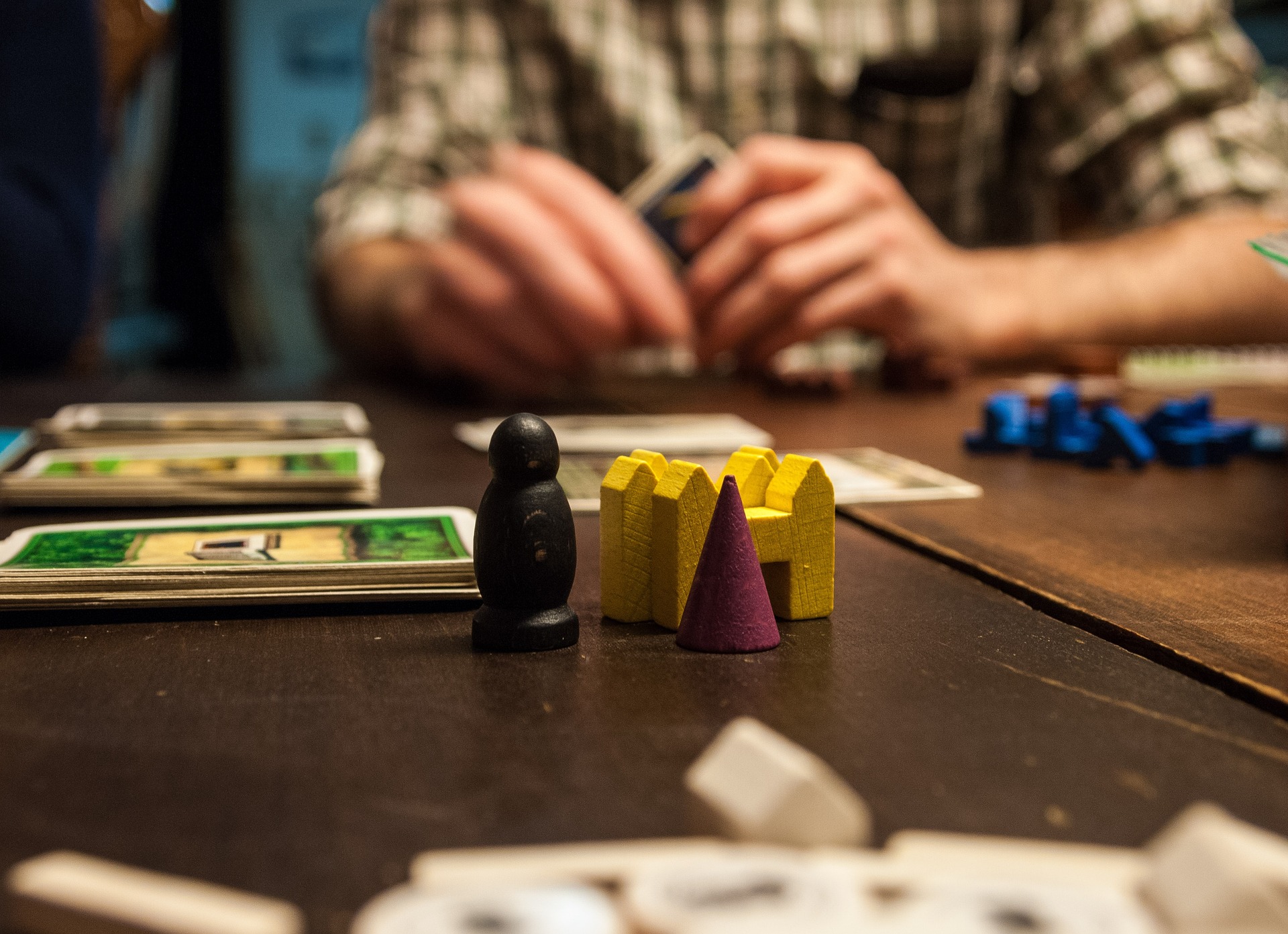How Board Games are Defining Contemporary Social Interaction
Board games, once relegated to family game nights and dusty attic shelves, are experiencing an exhilarating rebirth in our digitized society. This unexpected resurgence encapsulates a transformative shift in how we view and engage with social entertainment.
Breathing Life Back Into Traditional Fun
While video games and virtual reality compete for the helm of “futuristic entertainment,” board games are making a noteworthy comeback. Against a backdrop of digitization, they stand out as tactile, grounding experiences that pull us back into physical reality. The calculated strategies, tension-filled throws, and triumphant wins serve as reminders of the simple joys of sitting down with friends or family around a table, reconnecting without the interference of screens.
A New Generation of Board Game Players
The renaissance of board games has not just drawn in nostalgic adults, but has enchanted a new generation of game players as well. Universities report growing attendances at their board game societies, families spend more time playing together, and more people are finding solace in the analog experience of a physical game board and pieces.
Retailers Cashing In on The Board Game Boom
Brands are seizing on this burgeoning trend. Target, for example, has increased its game inventory by more than fifty percent in recent years, and independent board game cafes are springing up worldwide, where patrons can order coffee, food, and a competitive round of Catan or Risk. Indie designers and traditional publishers alike are finding growing markets for their offerings, with Kickstarter campaigns for board games regularly outstripping their funding goals.
The Psychology Behind the Revival
The renewed interest in board games doesn’t simply stem from nostalgia or a reactionary aversion to digital entertainment. It is a robust manifestation of a shared desire for physical, social interaction. Psychology research suggests that board games can enhance cognitive skills, social competence, and emotional health. They cultivate player engagement, strategic thinking, and cooperation unlike any solitary, screen-based diversion can.
Beyond Fun: Board Games as a Tool for Social Bonding
The board game renaissance is more than a trend—it’s a movement. Amid the unceasing march of digital progress, board games offer a reminder of the vital importance of human contact, face-to-face conversation, and IRL (In Real Life) experiences—concepts that are increasingly elusive in our screen-saturated lives.
- SuperData Research reports the board game industry is predicted to be worth $12 billion by 2023.
- Board game cafes appeal to a surprisingly wide demographic, with patrons ranging from 20 to 60 years old.
- Prime Time Cafe in New York boasts a library of 1,100 games and reports serving about 500 customers per weekend.
- According to researchers at the University of Arizona, couples who play board games together release more oxytocin, also known as the ‘love hormone’.
Board games are far more than just physical pieces on a table—they are reviving the art of social interaction in an increasingly digital world. The current resurgence of these games is not merely a trend but a call to embrace and cultivate authentic human connections. This is a testament to the magnetic appeal and power of board games, an appeal that transcends boundaries of age and digital distractions, connecting us in ways few other forms of entertainment can.





